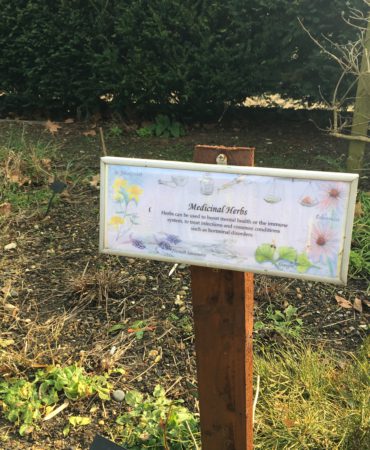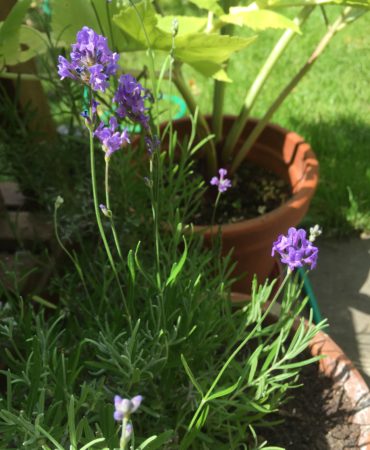Currently Empty: £0.00
Stevia and the No Added Sugar controversy by Ruth Ridley
Can the herb stevia provide the answer to chemical additives?
Artificial sweeteners and the proposed sugar tax
As I write this, there is a national campaign fronted by Jamie Oliver to tax sugary drinks. This is an admirable battle in the war against childhood obesity, with primary schools and the NHS standing to share £1bn in revenue if the scheme should ever go ahead. However, this is a complex issue and it is possible that artificial sweeteners such as saccharin, aspartame and sucralose may also be damaging to health. The leaves of a herb called stevia might provide the answer.
The limitations of artificial sweeteners
A small study was recently carried out on BBCs Trust Me I’m a Doctor, in which 15 volunteers switched to either saccharin or stevia and had their blood sugar levels and gut bacteria tested before and after. Fasting blood sugar levels were found to be significantly higher for certain people in the group taking saccharin than they were previously. The results of the gut bacteria tests showed that those people who had high blood sugar after taking saccharin all had a similar bacterial composition, whereas stevia consumption seemed to have no effect on blood sugar across all gut bacteria types. This study was itself inspired by a research paper published in the science journal Nature [1]. The article found a link in mice between NAS (non-caloric artificial sweeteners) and glucose intolerance which the team attributed to altered composition of gut bacteria. The BBC team says:
“Although our study, and the one that preceded it, were both on small numbers of people, the consistent results – alongside the results found previously in mice – certainly suggest that saccharin is bad for some people, whilst we have no evidence that stevia is. The people whom saccharin tends to affect seem to be those with a specific gut bacteria composition.”
As most people won’t know their gut bacteria composition, the team’s advice was to avoid saccharin. The team also pointed out that evidence in mice is that aspartame and sucralose may have a similar effect.
There is no other research like this for the effect of stevia at the moment, but in the meantime, the Trust Me team says:
“…if you are looking for a sugar alternative then at the moment, stevia seems most likely to be the best out there. On the back of packaging it is sometimes called ‘steviol glycosides’, which are the sweet-tasting compounds in the Stevia plant.”
It should be noted that both of these studies were small scale, so any findings would have to be explored further before arriving at a full understanding of the effects of artificial sweeteners.
More about the herb stevia
Stevia rebaudiana is a natural herb which can be used as a sweetener and may not work in the same way as artificial additives, so may not have the same drawbacks. It is native to South America and enjoys the humidity there, but can be grown in the UK if treated as a tender perennial. Unsurprisingly one of its common names is sweetleaf!
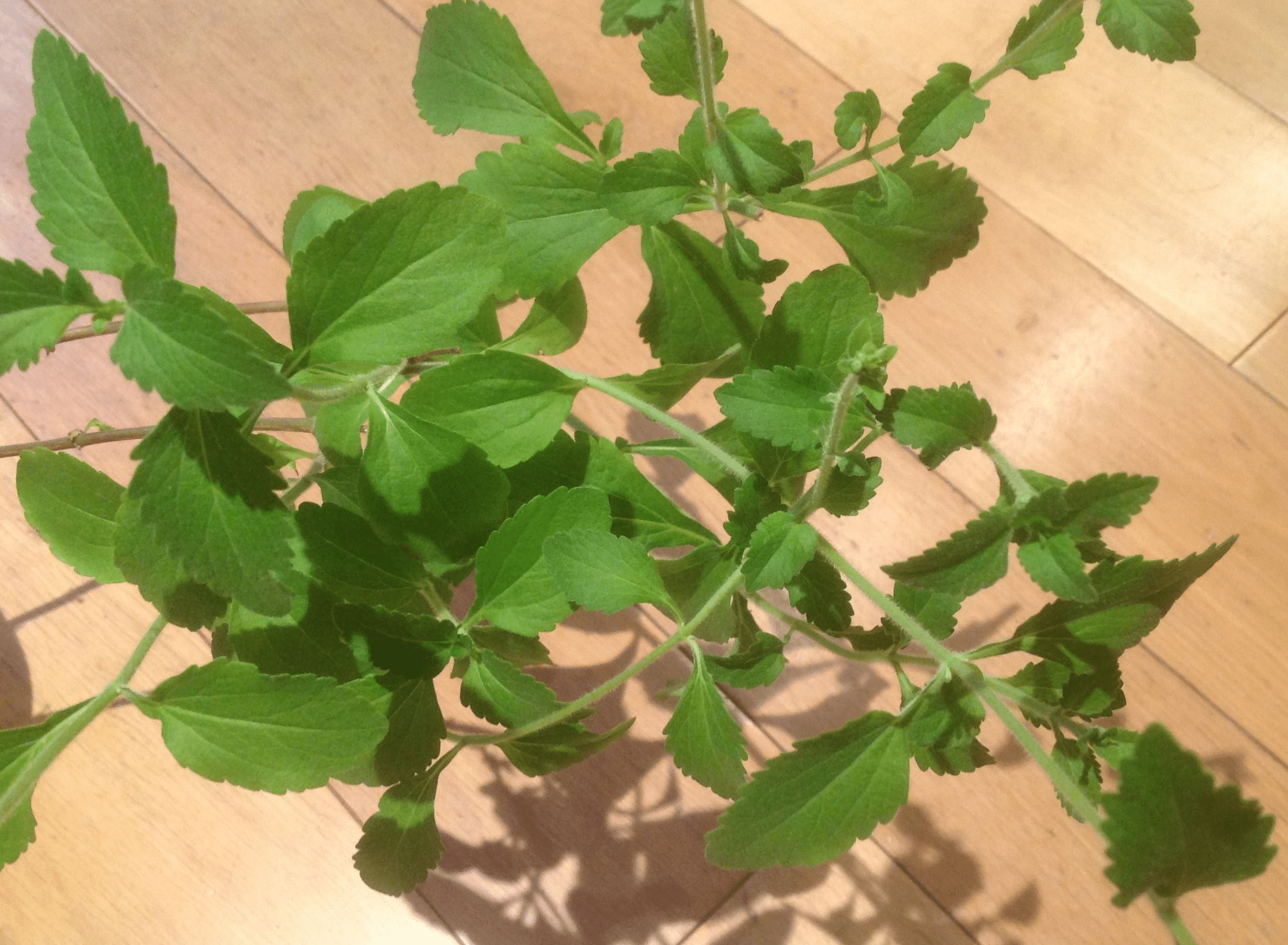
Medical Herbalist Barbara Wilkinson says*:
“Stevia is a herb I grow for general use as an alternative to sugar with all it’s negative effects. It has been grown and used for centuries in South America and Japan but has been ignored in the UK until recently. It can be grown here if protected from cold and frost, so treat like someone you love. There is a taste like liquorice if used in excess as the bitter chemicals it contains play with our taste buds. It is non-calorific and doesn’t mess with our blood glucose levels. No wonder Coca cola are now using it as people wake up to the dangers of sugar. Consumers should be aware that manufactured brands of stevia sweetener may contain other ingredients such as erythritol, so grow your own or buy from an organic reputable source.
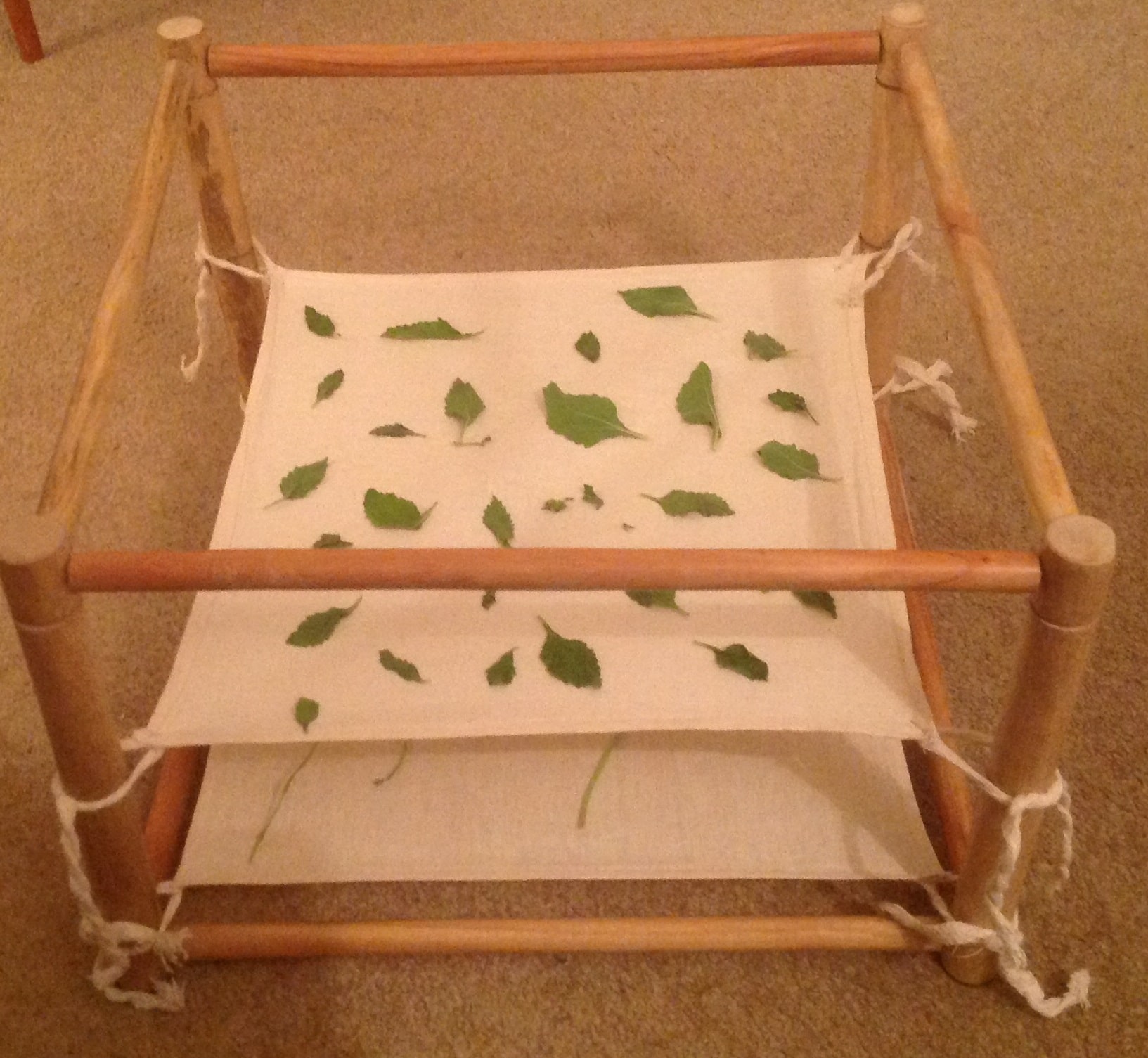
Risks and benefits of stevia and other sweeteners
In reviewing the literature relating to this topic, it becomes clear that there is still much research to do in this field. Links have been found between artificial sweeteners and obesity, for example Dr Tandel writing a review in 2011 says [2]:
“There is some ongoing controversy over whether artificial sweetener usage poses health risks. A study done in 2005 by the University of Texas Health Science Center at San Antonio showed that, rather than promoting weight loss, the use of diet drinks was a marker for increasing weight gain and obesity. Those who consumed diet soda were more likely to gain weight than those who consumed naturally-sweetened soda. Animal studies have convincingly proven that artificial sweeteners cause body weight gain.
It would be a shame if we all switched to artificial sweeteners only to find that we had made things worse. Most supermarket fizzy drinks already contain NAS as a matter of routine. It does seem sensible to try and reduce our intake of sweet things overall, rather than just switching from sugar to sweetener.
As for stevia, the initial signs look promising for the use of this herb as it seems to work differently, but its effects are less well known than those of saccharin.
To summarise, for a healthy diet, it would seem sensible to reduce sugar intake and avoid artificial sweeteners wherever possible. If you are looking to replace artificial sweeteners, try pure stevia in moderation but be aware that commercial processed brands may contain other ingredients.
We are looking forward to reading further research on this subject!
[1] J. Suez et al, Artificial sweeteners induce glucose intolerance by altering the gut microbiota, Nature 514, 181–186 (09 October 2014)
[2] K. R. Tandel, Sugar substitutes: Health controversy over perceived benefits, J. Pharmacol, 2011, 2, 4, 236
*writing in the Herb Society e-newsletter January 2015. The email newsletter is one of many benefits of becoming a Herb Society member. Find out more in our Herb Society membership leaflet.
Image credits Barbara Wilkinson who is a Herb Society trustee.
Written by Ruth Ridley

